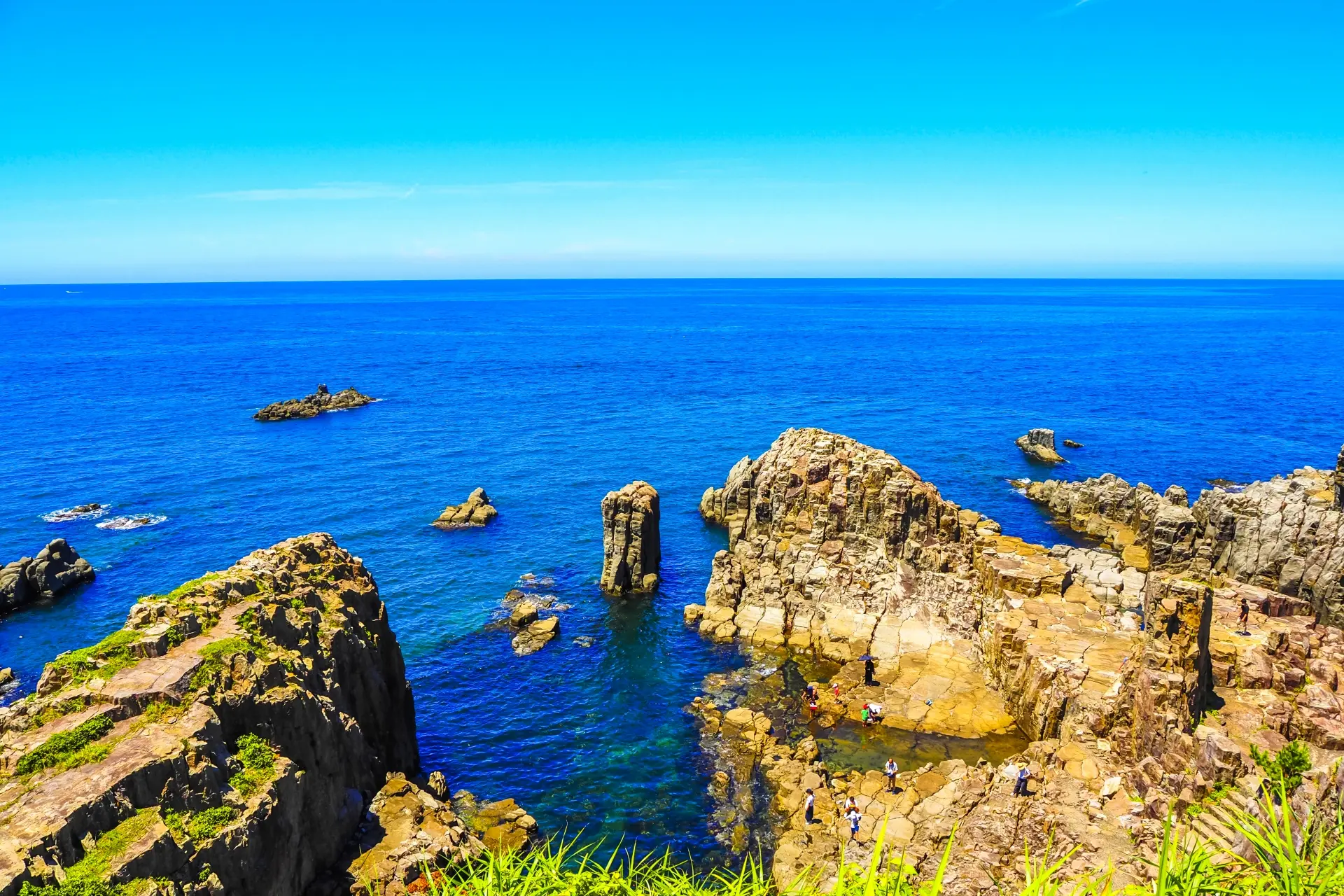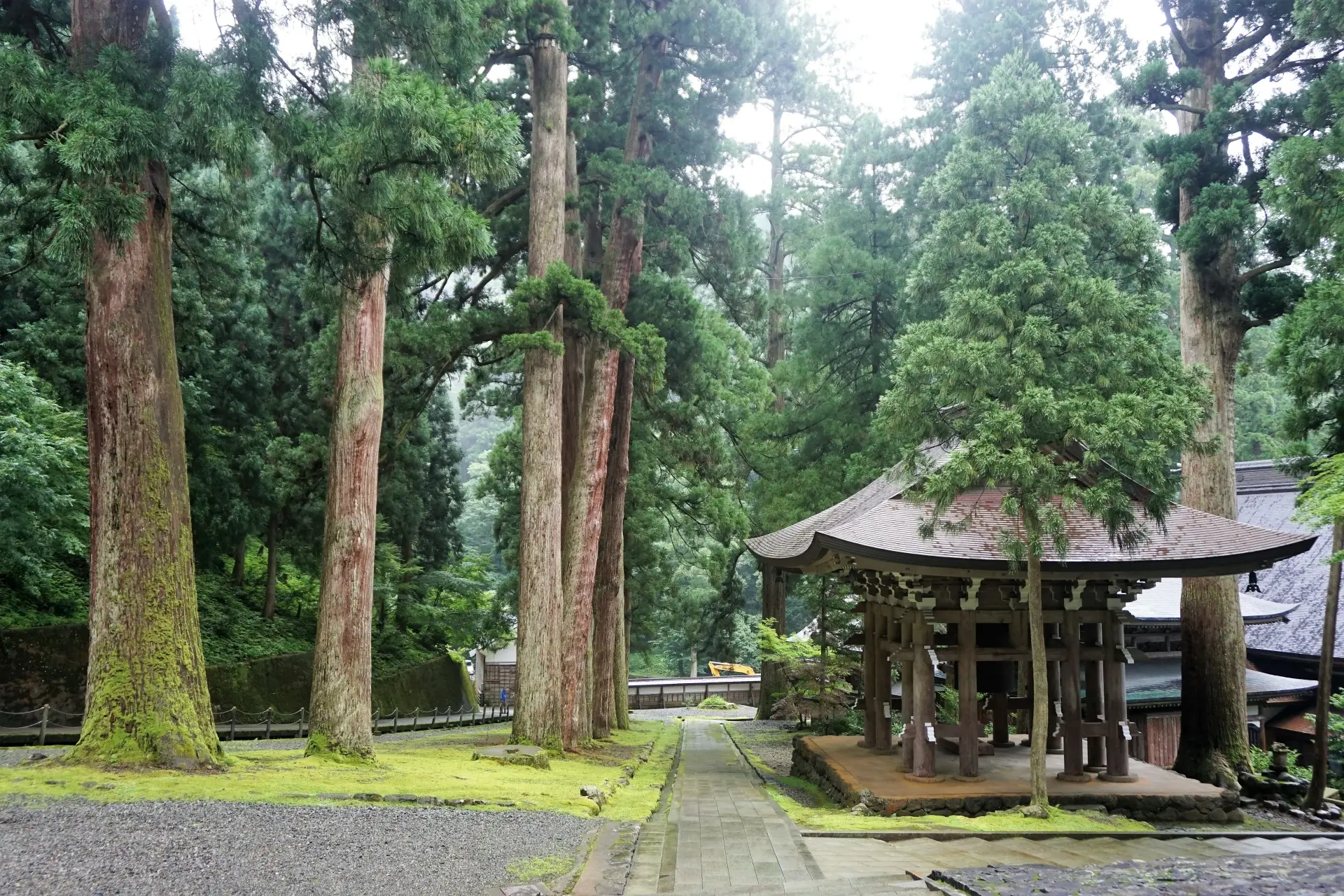+ Explore Other Areas
Tokyo, Osaka, Kyoto, Hokkaido, Fukuoka, Okinawa, Nara, Kanagawa, Aichi, Hiroshima, Yamanashi, Nagano, Oita, Gifu, Ishikawa, Shizuoka, Hyogo, Kumamoto, Miyagi, Wakayama, Nagasaki, Tochigi, Kagawa, Niigata, Kagoshima, Okayama, Chiba, Iwate, Aomori, Shiga, Gunma, Fukushima, Toyama, Ehime, Mie, Ibaraki, Saitama, Yamagata, Saga, Kochi, Tokushima, Miyazaki, Yamaguchi, Akita, Tottori, Fukui, Shimane
Fukui, located along the Sea of Japan in the Chubu region, is a prefecture known for its stunning coastal landscapes, ancient temples, and world-class dinosaur fossils.
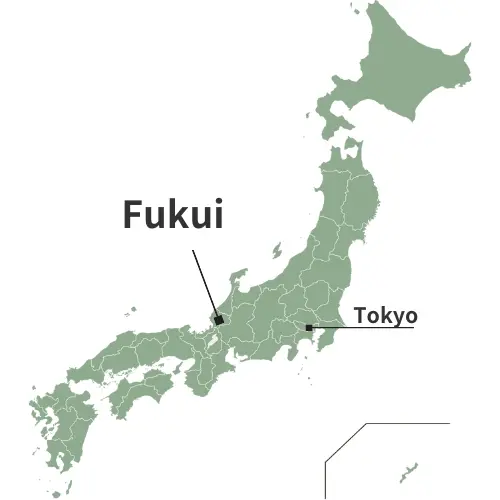
This often-overlooked destination offers a perfect blend of natural beauty, historical significance, and unique cultural experiences.
From the dramatic cliffs of Tojinbo to the serene Eiheiji Temple, Fukui provides a tranquil escape from the busy cities. Whether you’re exploring Japan’s prehistoric past at the Fukui Dinosaur Museum or relaxing at an onsen, Fukui has something for everyone.
Top Areas to Explore in Fukui
1. Fukui City
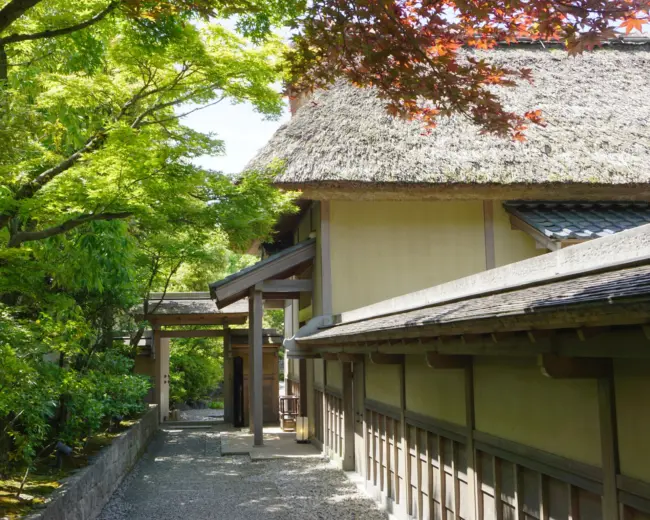
- Why Visit: The capital of Fukui Prefecture, rich in history and cultural landmarks.
- Highlights:
- Fukui Castle Ruins: Explore the historic site surrounded by a tranquil moat and cherry blossoms in spring.
- Yokokan Garden: A beautifully preserved Edo-period garden, ideal for a peaceful stroll.
- Asuwa River: A popular spot for cherry blossom viewing and riverside walks.
2. Eiheiji Temple
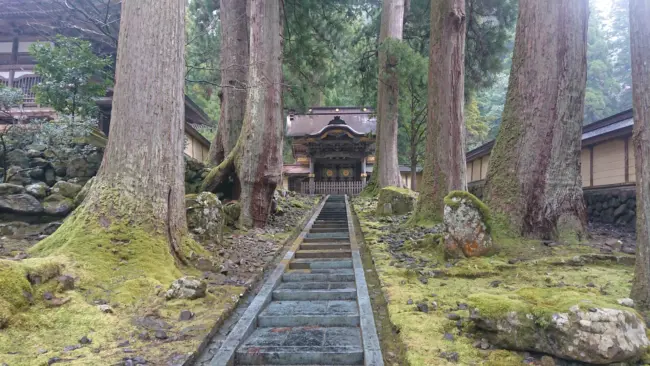
- Why Visit: A tranquil Zen Buddhist temple founded in 1244, offering a glimpse into traditional monastic life.
- Highlights:
- Guided Tours: Learn about Zen Buddhism and explore the temple’s historic wooden halls and meditation rooms.
- Seasonal Scenery: Admire the lush greenery in summer, vibrant foliage in autumn, and snow-covered landscapes in winter.
- Meditation Experiences: Participate in zazen (seated meditation) sessions for a calming spiritual experience.
3. Tojinbo Cliffs
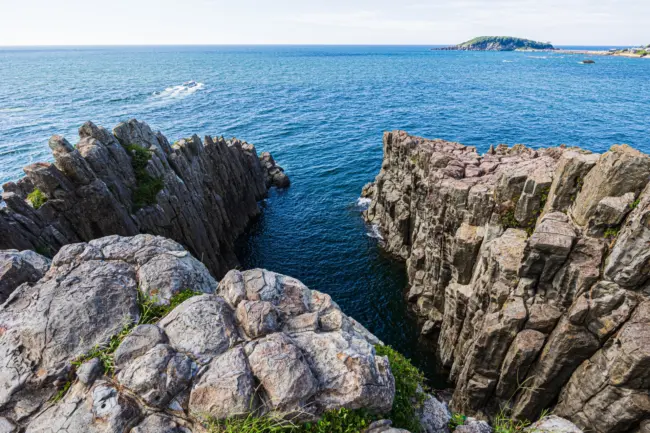
- Why Visit: A natural wonder featuring rugged basalt cliffs carved by the Sea of Japan’s waves.
- Highlights:
- Coastal Walks: Enjoy dramatic ocean views and stunning sunsets from the cliffside paths.
- Boat Tours: Experience the cliffs from a unique perspective on a scenic boat ride.
- Local Seafood: Savor fresh seafood at nearby restaurants, including Fukui’s famous crab.
4. Fukui Dinosaur Museum
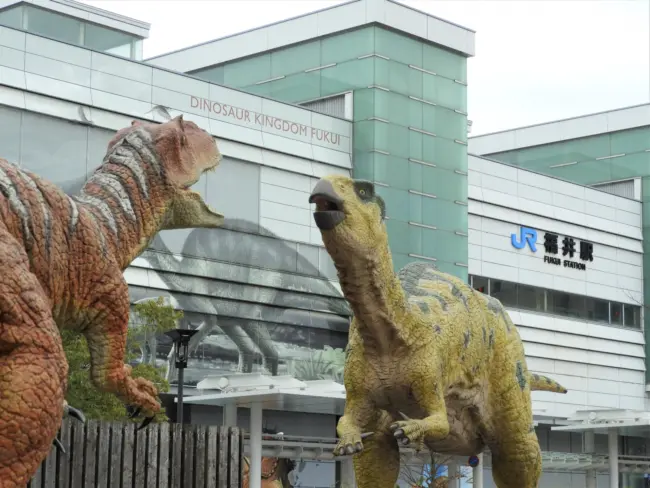
- Why Visit: One of the world’s top dinosaur museums, located in Katsuyama City.
- Highlights:
- Dinosaur Fossils: Marvel at over 40 complete dinosaur skeletons, including species unique to Japan.
- Interactive Exhibits: Engage with hands-on displays and learn about paleontology.
- Outdoor Digging Experience: Participate in excavation activities to uncover fossils.
5. Awara Onsen
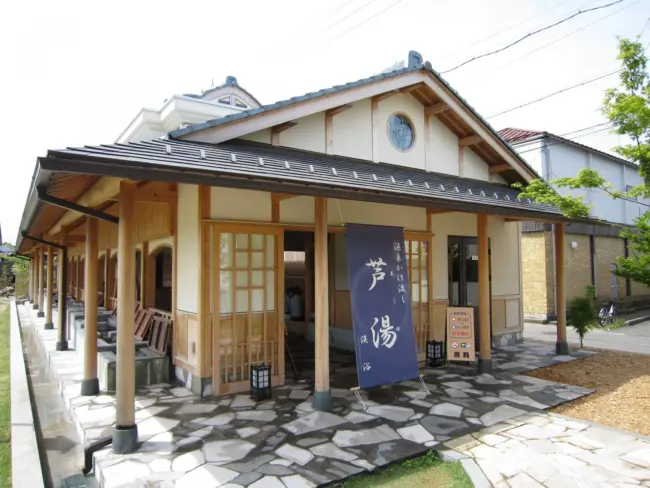
- Why Visit: A relaxing hot spring town known for its traditional inns and rejuvenating waters.
- Highlights:
- Ryokan Stays: Enjoy authentic Japanese hospitality and multi-course kaiseki meals.
- Public Foot Baths: Relax in free foot baths scattered around the town.
- Seasonal Festivals: Experience local culture during the Awara Onsen Summer Festival.
Experience Fukui Cuisine
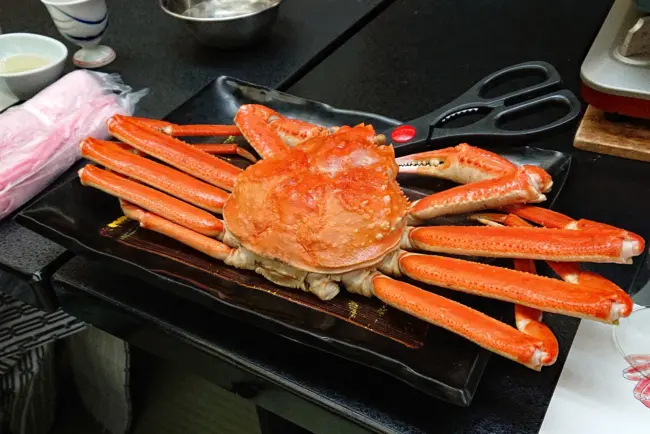
Fukui is a food lover’s paradise, offering fresh seafood and hearty regional dishes. Don’t miss echizen gani (snow crab), Fukui’s signature winter delicacy. Try soba noodles, hand-made and served with a flavorful dipping sauce, or oroshi soba, topped with grated daikon radish.
Pair your meal with locally brewed sake, crafted with pure mountain water, and finish with hachiya persimmons, a sweet seasonal treat.
Fukui: Basic Information
Location
Fukui is located in central Japan, facing the Sea of Japan and surrounded by mountains, making it a haven for nature and history enthusiasts.
Neighboring Areas
Ishikawa, Gifu, Shiga, Kyoto
Best Seasons to Visit
- Spring (March to May): Cherry blossoms at Asuwa River and Fukui Castle Ruins.
- Summer (June to August): Enjoy coastal views at Tojinbo and cool mountain retreats.
- Autumn (September to November): Admire vibrant foliage at Eiheiji Temple and the Hakusan mountain range.
- Winter (December to February): Savor fresh crab and explore snow-covered landscapes in Awara Onsen.
How to Get to Fukui
By Train
The Hokuriku Shinkansen (scheduled for full completion in 2024) provides easy access from Tokyo and Kanazawa. Currently, limited express trains connect Fukui to Osaka, Kyoto, and Nagoya.
By Bus
Highway buses offer budget-friendly travel between Fukui and major cities like Tokyo, Osaka, and Kanazawa.
Transportation in Fukui
Getting around Fukui is convenient with these transportation options:
- Trains: Local JR lines and Echizen Railway connect key cities and attractions like Fukui City, Awara Onsen, and Katsuyama.
- Buses: Sightseeing buses serve major attractions, including Eiheiji Temple and the Fukui Dinosaur Museum.
- Rental Cars: A car is recommended for exploring rural areas like Tojinbo Cliffs and the Hakusan mountain range.
- Bicycles: Bike rentals are available in select areas for easy exploration of city centers and scenic spots.

